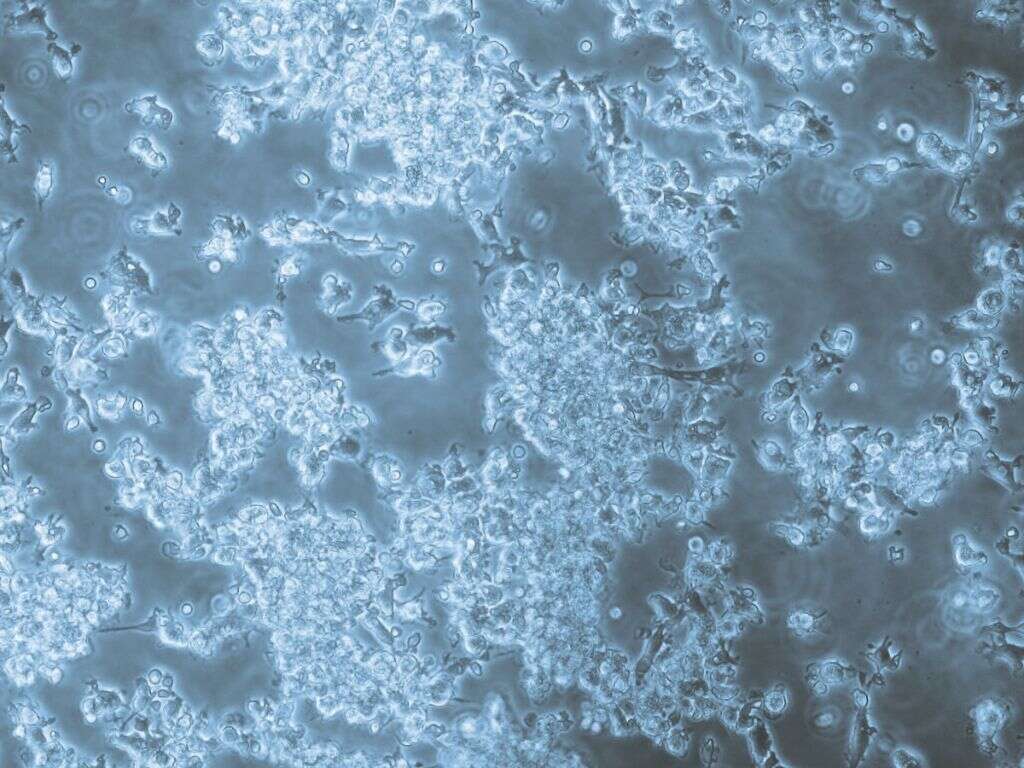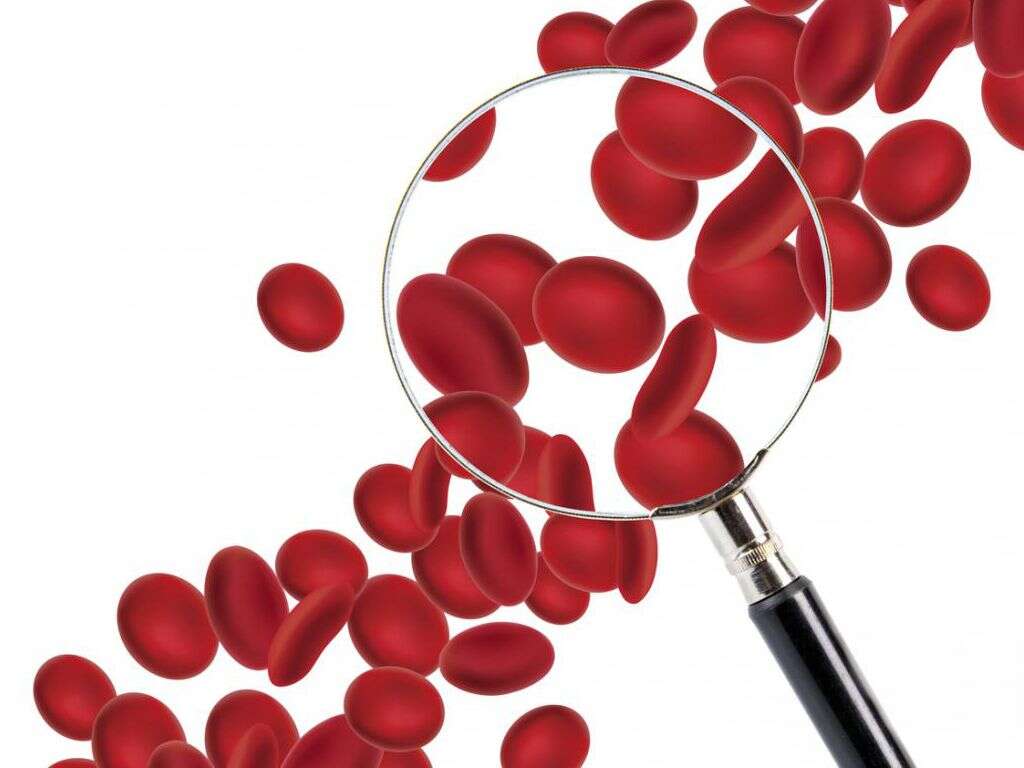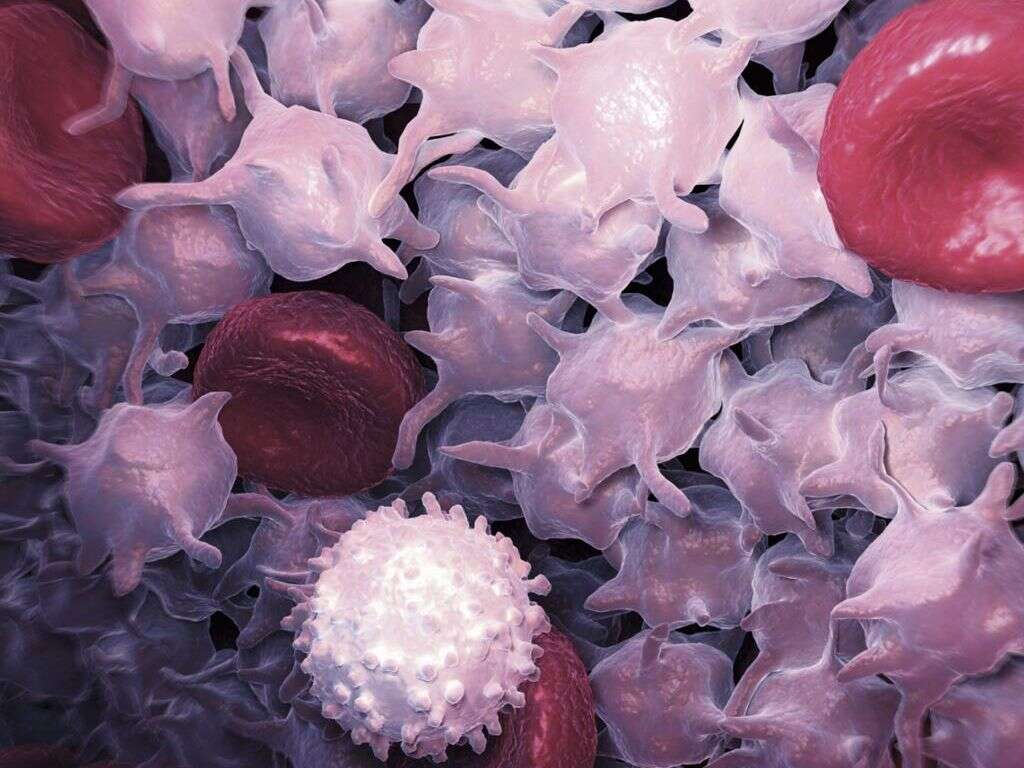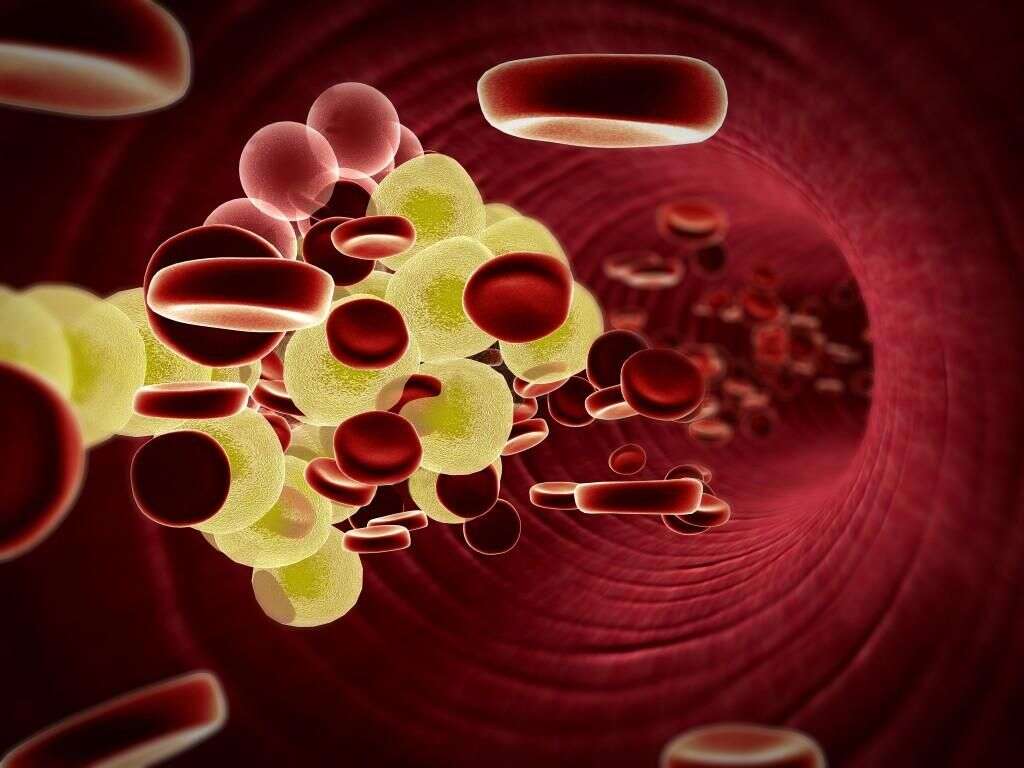What Are Interleukins?
Advertisement
3. Interleukins 3, 4, and 5
Interleukin 3 helps to regulate the production of blood components by controlling the production, differentiation, and function of the macrophages and granulocytes. Interleukin 3 is produced by T lymphocytes after it is stimulated with chemical activators, mitogens, and antigens. The CD4 T-cells produces the interleukin 4 that functions to stimulate the differentiation of naive helper T-cells to become T-helper cells. Interleukin 5 or eosinophil differentiation factor helps with the production of eosinophils (a type of white blood cell that mainly combats parasites and is involved in mechanisms associated with allergies). It regulates the growth and activation of eosinophils and plays a crucial role in diseases with high levels of eosinophils.
Advertisement

Advertisement








